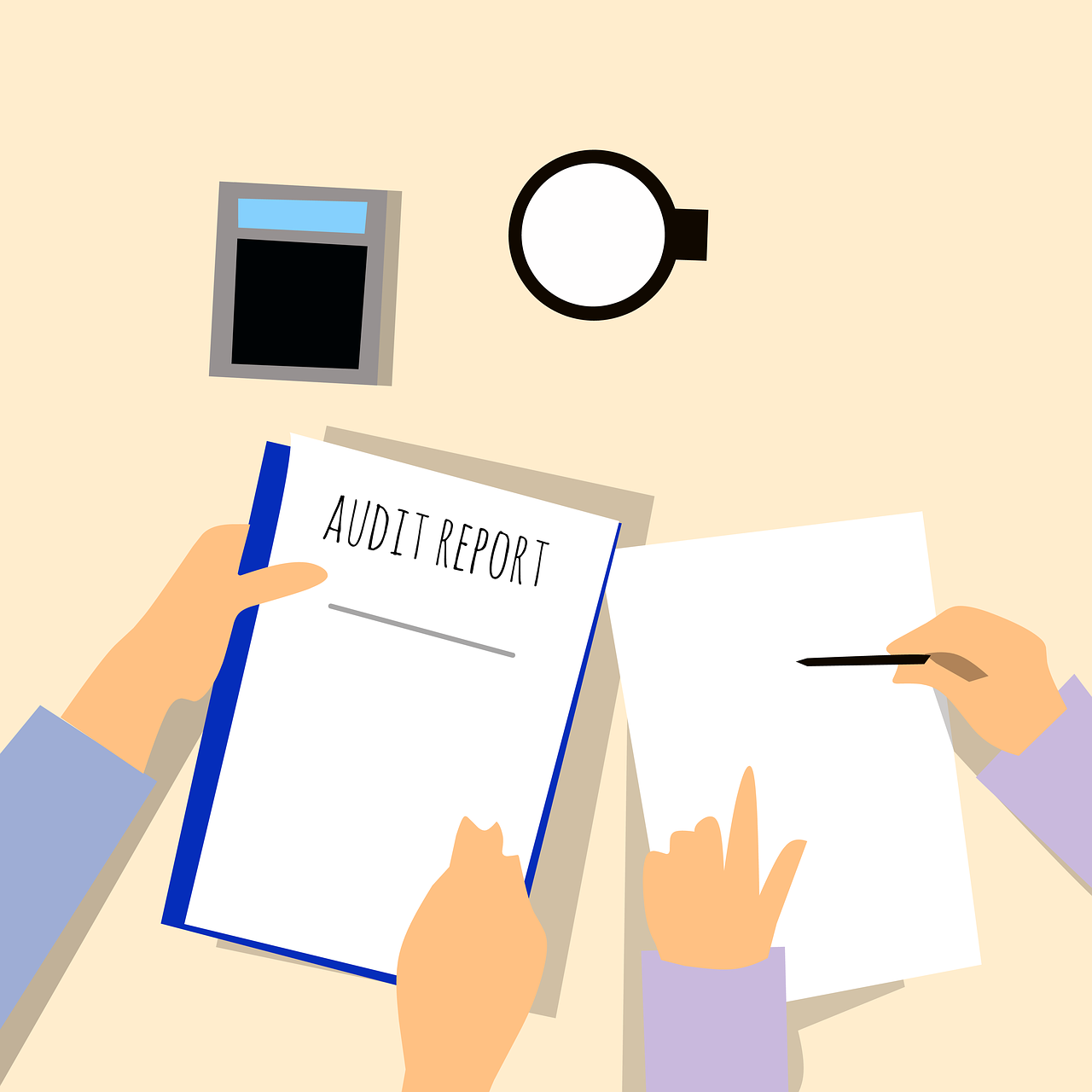Is It Time For a PPC Audit?
Five reasons why it might be time for a pay-per-click (PPC) advertising audit.

Most areas of an enterprise undergo regular assessments or audits. Think: finance, accounting, salaries, quality control. You name the corporate group, and there’s probably an audit solution available.
Marketing is no different. And audit benefits are generally understood by senior executives. Though marketing is typically more associated with growth-oriented initiatives than cost-cutting, budgets have swelled over the past decade — especially among B2B companies — and as a result now get more scrutiny by finance and procurement teams.
Increased budgets have been largely driven by the rise of marketing technologies and digital advertising. At some B2B companies the digital advertising line item can account for 25%+ of the total budget or more. With these trends top of mind, here are five reasons why it could be time for your company to consider a digital advertising and PPC audit.
PREPARATION. When economic conditions get soft or unpredictable, CFOs look for cost-cutting options wherever they can find them and digital advertising always gets scrutinized. This is due in equal parts to tracking/attribution challenges, flexible contracts, and misaligned expectations. Anything short of bulletproof demonstration of positive ROI and the line item becomes a candidate for elimination or reduction. Conducting regular audits helps demonstrate that the paid media shop is being mindful and proactive about performance improvement.
Pro tip: developing attribution modeling reports – even imperfect ones – will help executive audiences understand how different marketing tactics like organic search, content marketing, events, social media and PPC work together to drive new sales and customer retention.
HOUSEKEEPING. Regular auditing checks a box on the good housekeeping checklist. In a category where the “half-life of tech skills is three years and falling,” things are moving fast and the more eyes on any particular function, the better. With PPC programs, a stray campaign or unchecked box in the settings can literally result in wasting thousands of dollars in just a few hours, the more eyeballs on the operation, the better.
Pro tip: run your paid media shop in a way so that everyone understands their work is being regularly reviewed and assessed, like an accounting or supply chain team.
BENCHMARKING. Most senior managers appreciate and are genuinely interested in competitive benchmarking. We all want to know how we’re performing up against our peer group.
Marketing teams that audit themselves regularly are proactively soliciting criticism and recommendations and making adjustments based on those inputs. So they are almost guaranteed to be outperforming their peers because only about half of companies audit their marketing operations.
Pro tip: it’s not unusual for marketing teams to find it challenging to get broad support for an “audit” line item in the budget but “competitive benchmarking” doesn’t raise as many eyebrows.
COST. Both cost savings and cost avoidance are obvious potential benefits to any kind of audit, PPC or otherwise. And both of these outcomes are common following a PPC audit.
At the same time, the B2B digital advertising industry is now 20 years old, with documented best practices and wisened media buying professionals abound. The easy wins are harder to come by. (I’ve been working on digital marketing audits for more than a decade and can attest that marketing ops has come a long way.)
Pro tip: any competent digital advertising consultant can make recommendations that will reduce PPC budget by ~10% in the short term. And this can be a meaningful dollar total for companies with large ad budgets, and difficult to ignore. But it’s not unlikely that the short term benefits of cost savings will result in decreased performance in year two or three following the changes.
FORECASTING. PPC experts spend the bulk of their professional lives staring at dashboards and monitoring market trends – through the lens of keywords. As a result of this arcane discipline, they are able to help senior marketing managers see around corners because keyword inventories ebb and flow but develop a cadence over time that’s difficult to identify via automation because the inventory levels are relatively low. Example: there are at least 100,000 searches every month for “Nike Air Force” but only 5,000/mo for “b2b marketing agency”. Size matters.
When it comes to search engine marketing — the primary method driving low funnel B2B leads among PPC options — the biggest challenge is figuring out how to adjust in near real time to a dynamic marketplace. Everything is fluid and we’re don’t have visibility into all of the moving parts, including: competitor bid adjustment, competitor budget, keyword inventory (1-in-5 keyword strings have never been searched before), and competitor landing page optimizations. An external specialist can frequently help corporate teams identify incoming trends more readily.
Pro tip: PPC advertising can be a valuable inbound lead contributor for most B2B companies but, short of large budgets that can achieve ~90% share of voice, its ability to scale is unpredictable.
RESOURCES & FURTHER READING
- B2B Digital Marketing Case Studies
- Digital Marketing Audit Checklist
- Does PPC Work For B2B?
- Digital Marketing Mix Optimization
- Programmatic Ad Fraud
############################################
Tim Bourgeois is a digital marketing strategy consultant at East Coast Catalyst and manages the PPC audit services practice.
